Peter Schiff has intensified his criticism of Bitcoin, branding it a national security threat and "public enemy number one." These claims arise as federal and state governments weigh the idea of creating cryptocurrency reserves.
Bitcoin Labeled 'Public Enemy Number One'
X social media user and financial analyst Peter Schiff has lately taken his criticism of Bitcoin to a new level, referring to the leading cryptocurrency by market cap as "public enemy number one" in a post.
A number of government officials have been bribed by Bitcoin proponents, who Schiff claims "squander" taxpayer funds on the cryptocurrency. He now asserts that Bitcoin poses a danger to national security, rather than merely being a gamble for individual citizens.
The question of whether the United States should create a reserve of state-owned Bitcoin has been the subject of continuing discussions, including Schiff's harsh criticism.
Michael Saylor, co-founder of MicroStrategy, recently stated that the US government should forego gold in favor of Bitcoin, according to U.Today. This idea, according to Saylor, would "demonetize the entire gold asset class." This, of course, infuriated people who supported gold.
Heated Bitcoin Reserve Debates Divide Opinion
It should come as no surprise that the notion of the United States purchasing Bitcoin is highly contentious. Some time ago, Lawrence Summers, who was the US Treasury Secretary at one point, called such a proposal "crazy."
Bettors on Polymarket currently have a 27% likelihood that the US government will create a Bitcoin reserve in the coming months.
At the same time, the various states in the US might launch their own reserves before the federal government does. An example of a state that has such plans in the works for early 2025 is Florida.
Bitcoin's Six-Digit Price Fuels Reserve Speculation
According to VanEck's latest prediction, if Bitcoin becomes a reserve asset, its price might reach $3 million by 2025.
After breaking through the $100,000 mark earlier this week, Bitcoin is presently trading at $100,032.






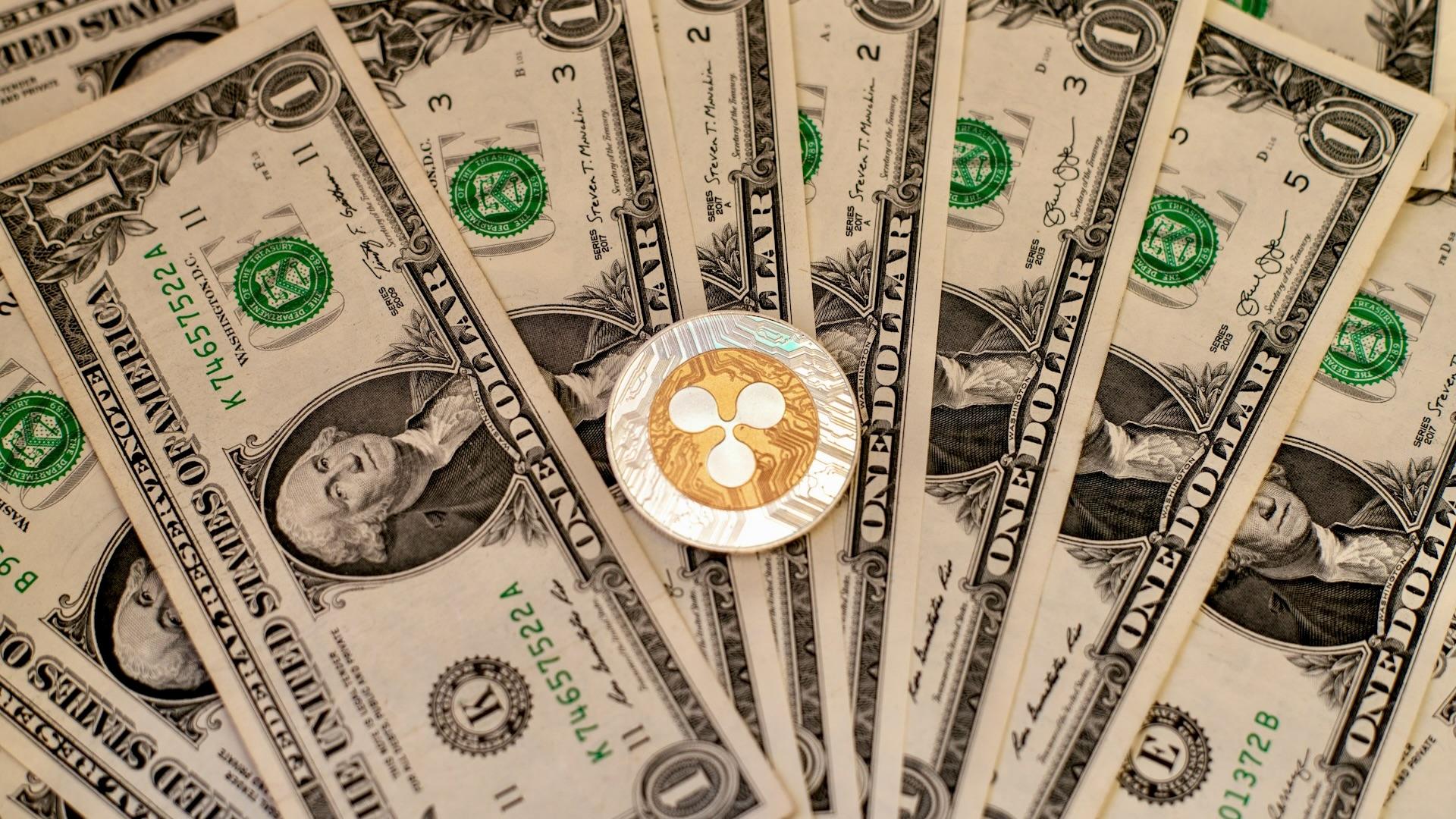


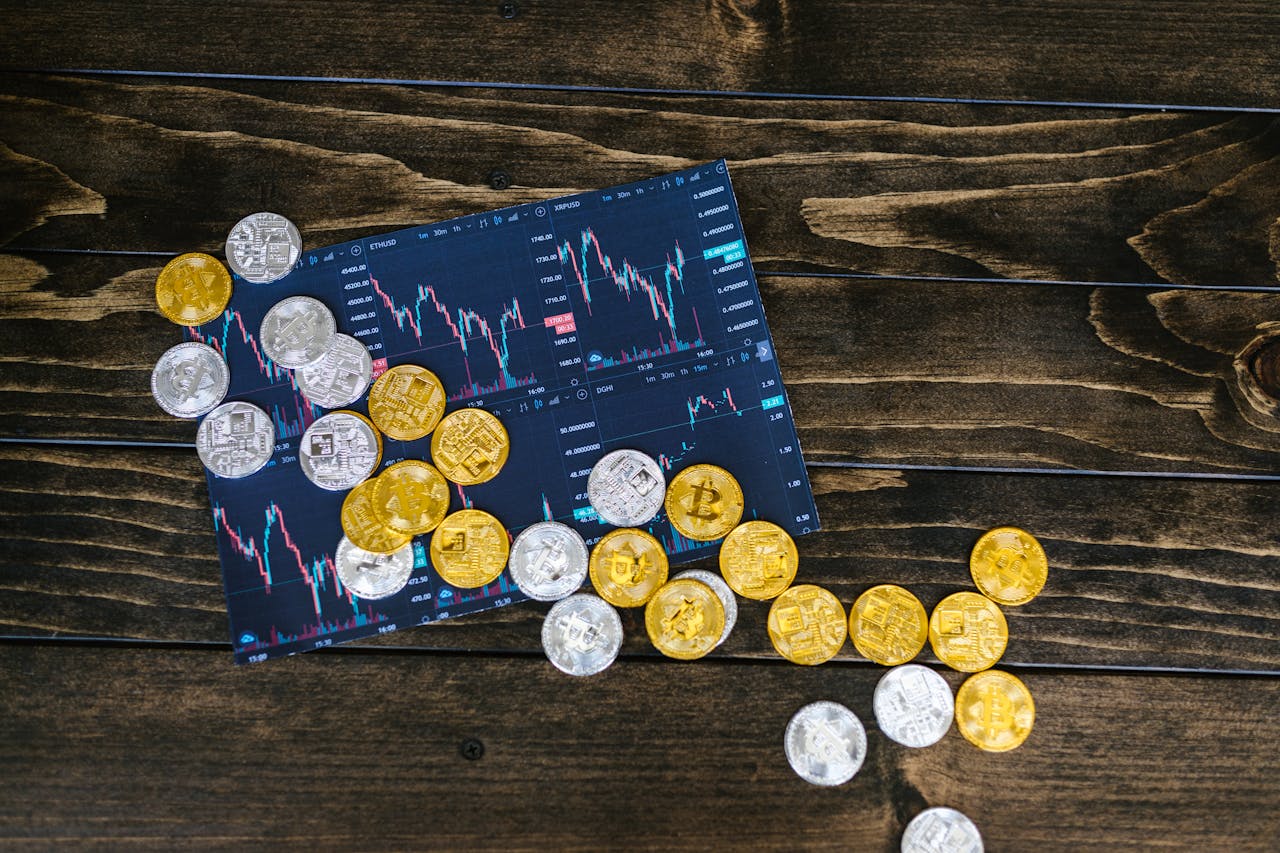
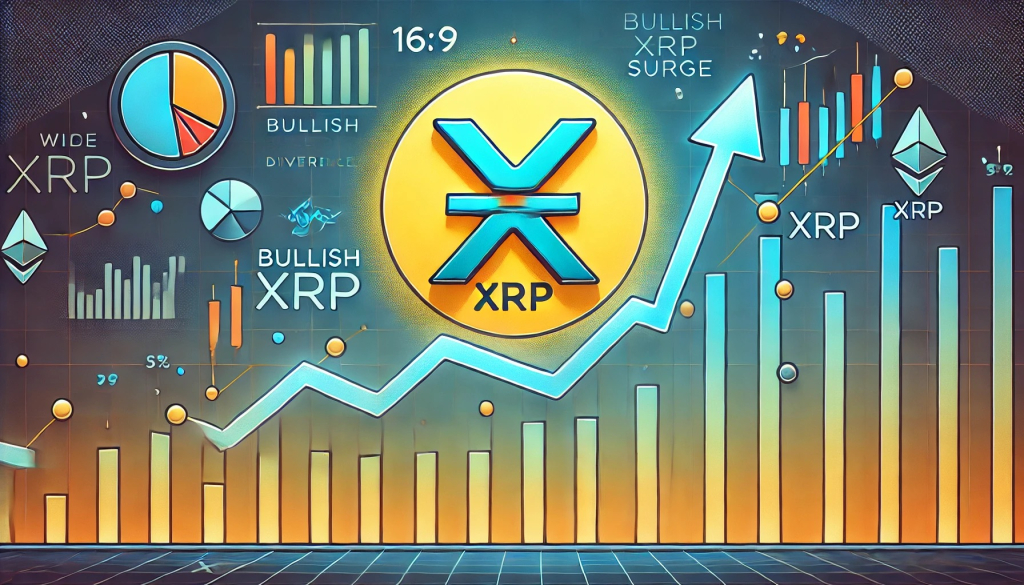


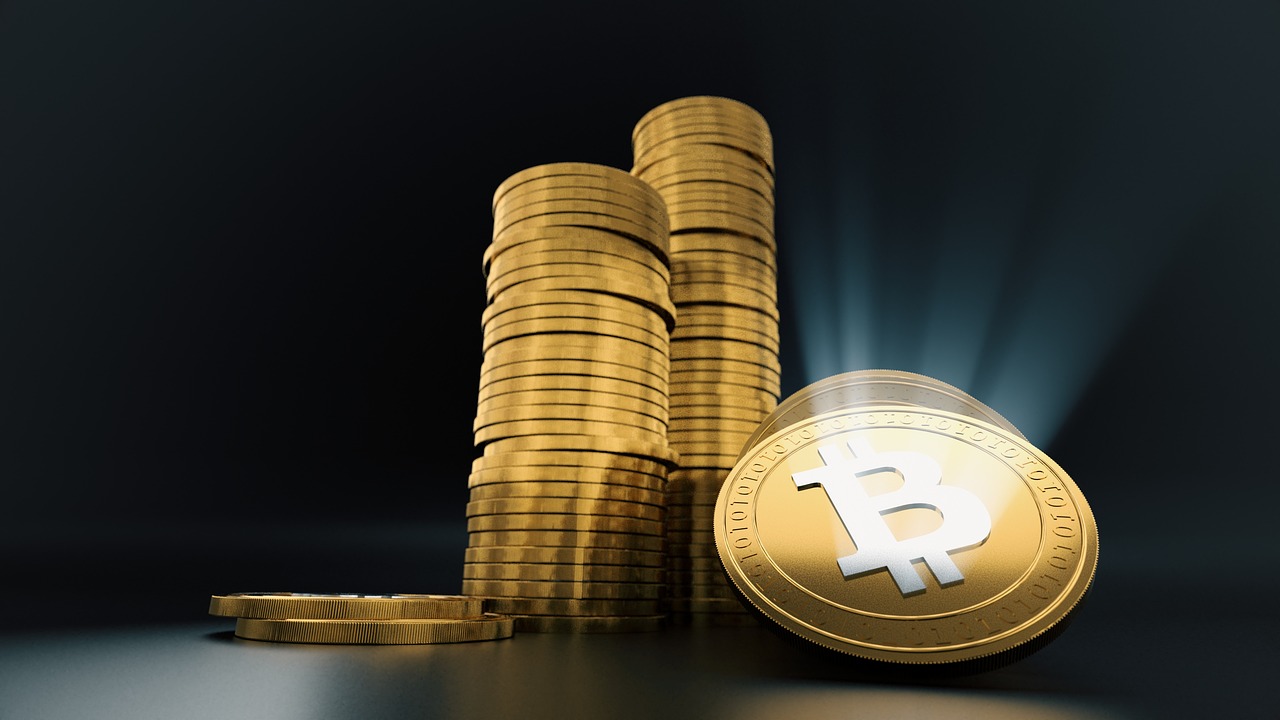
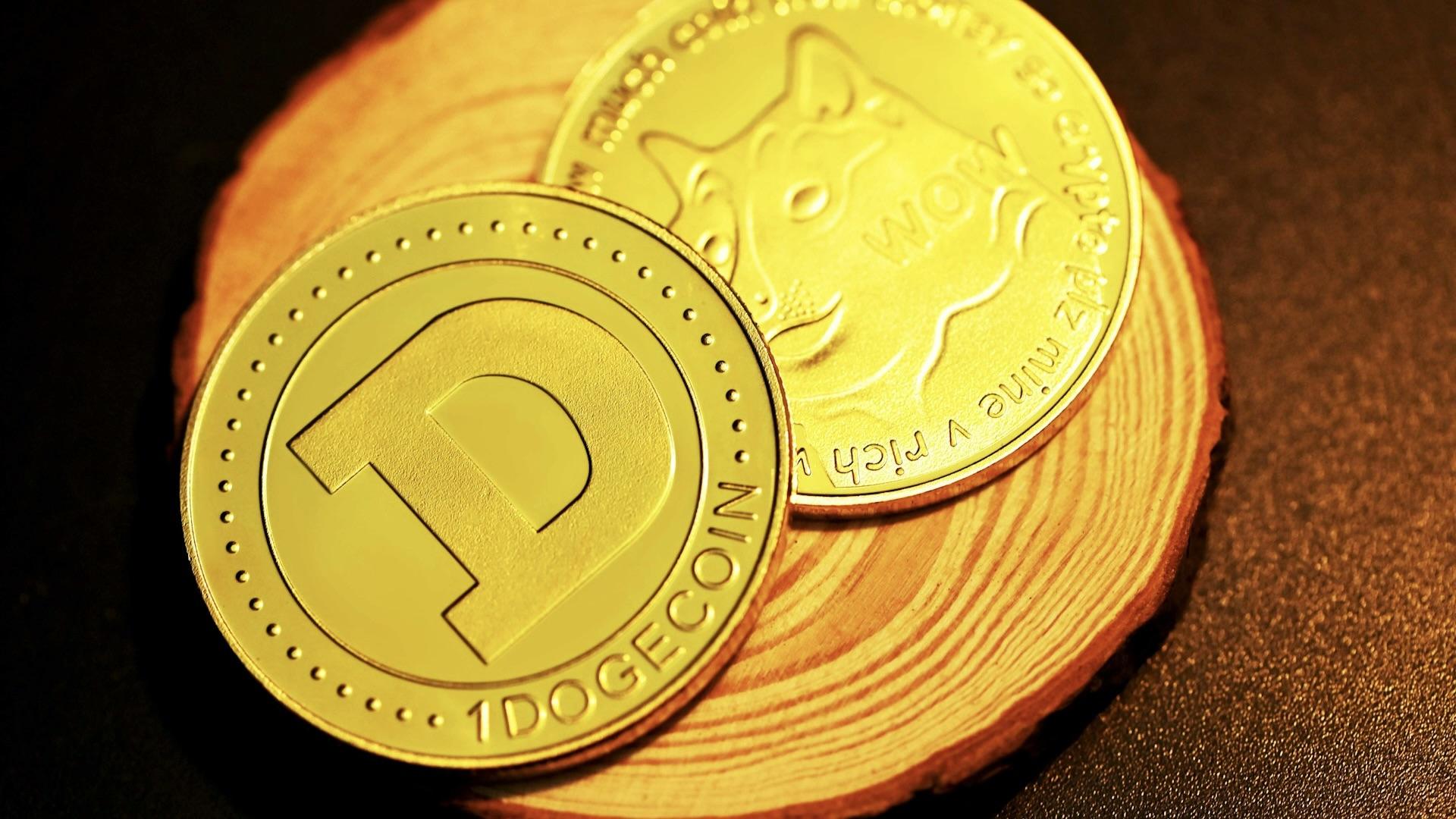
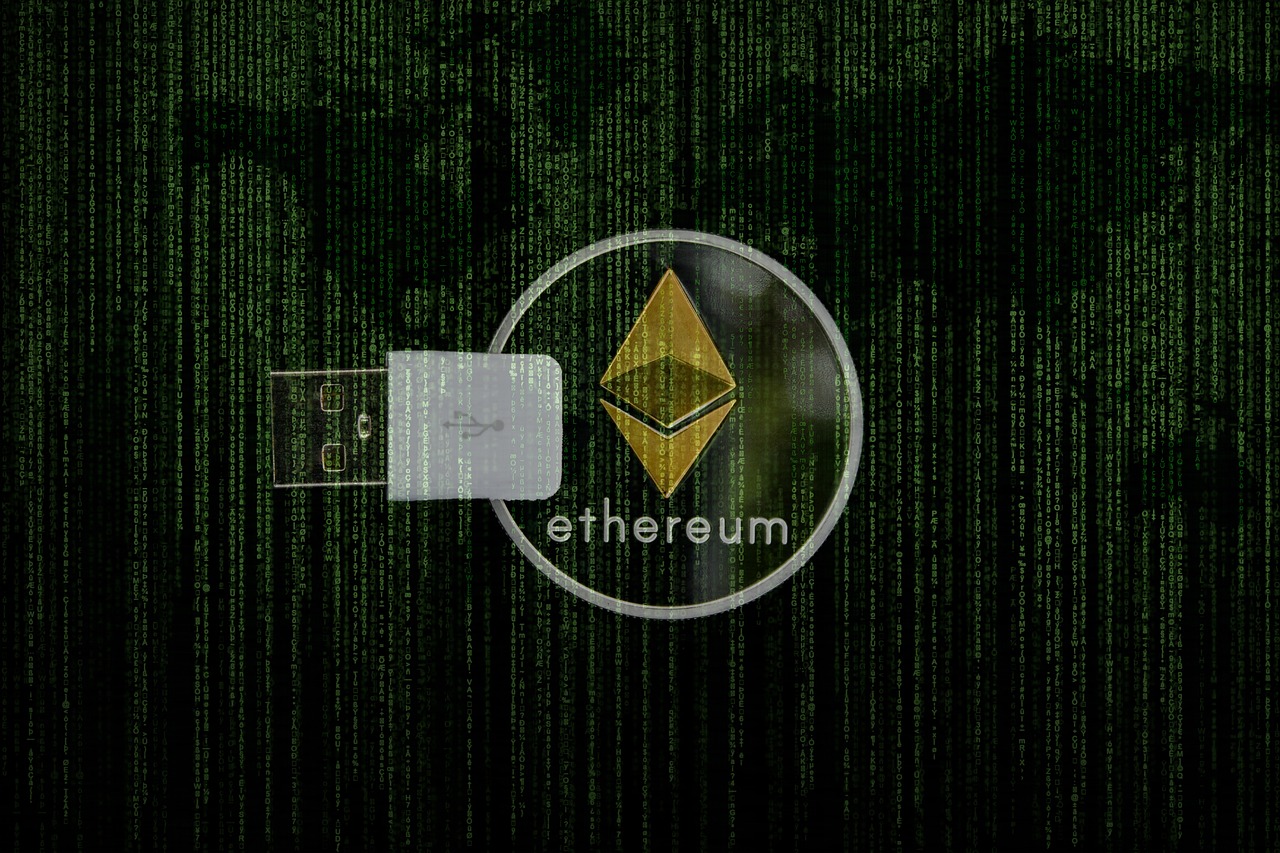

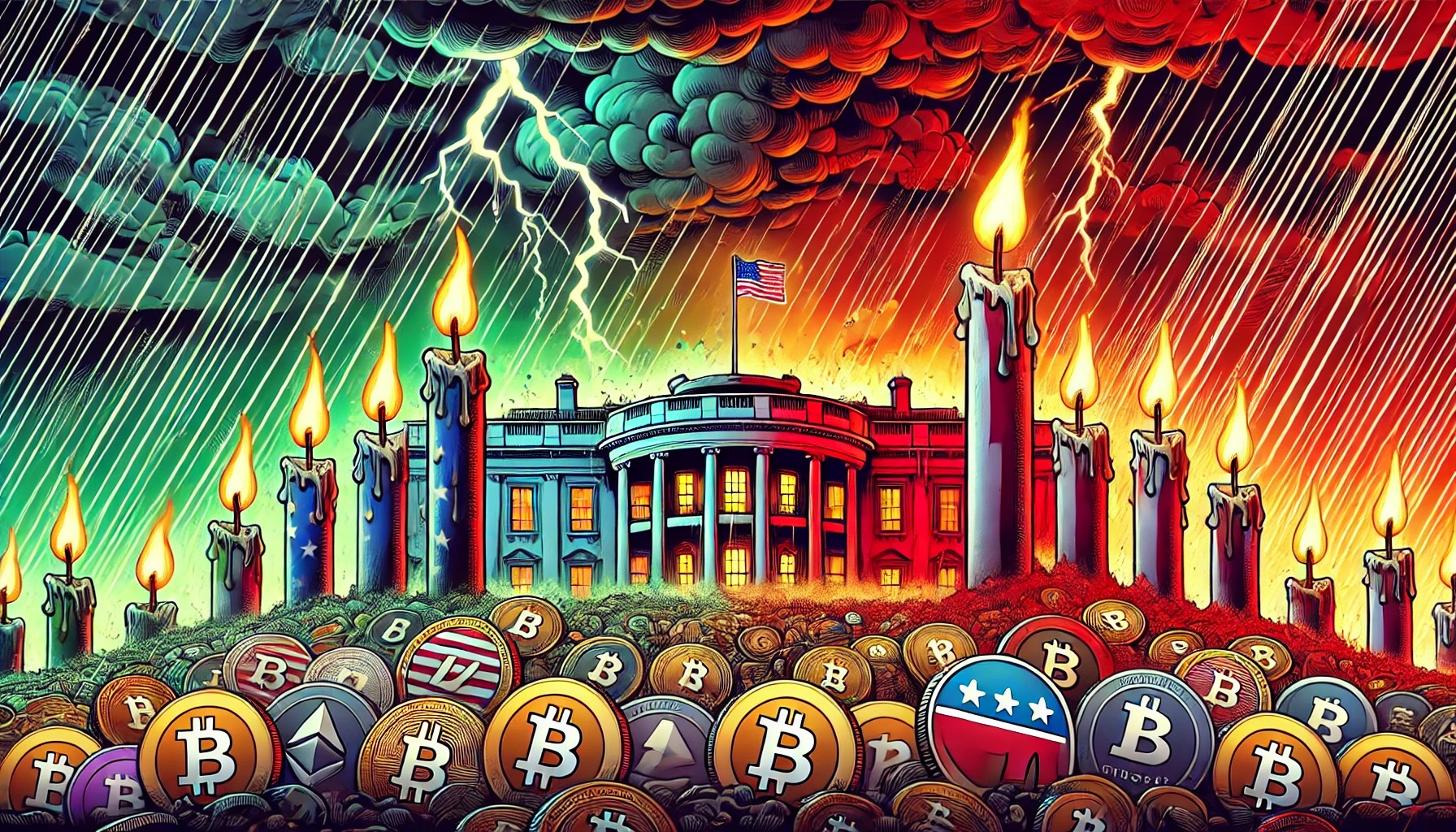



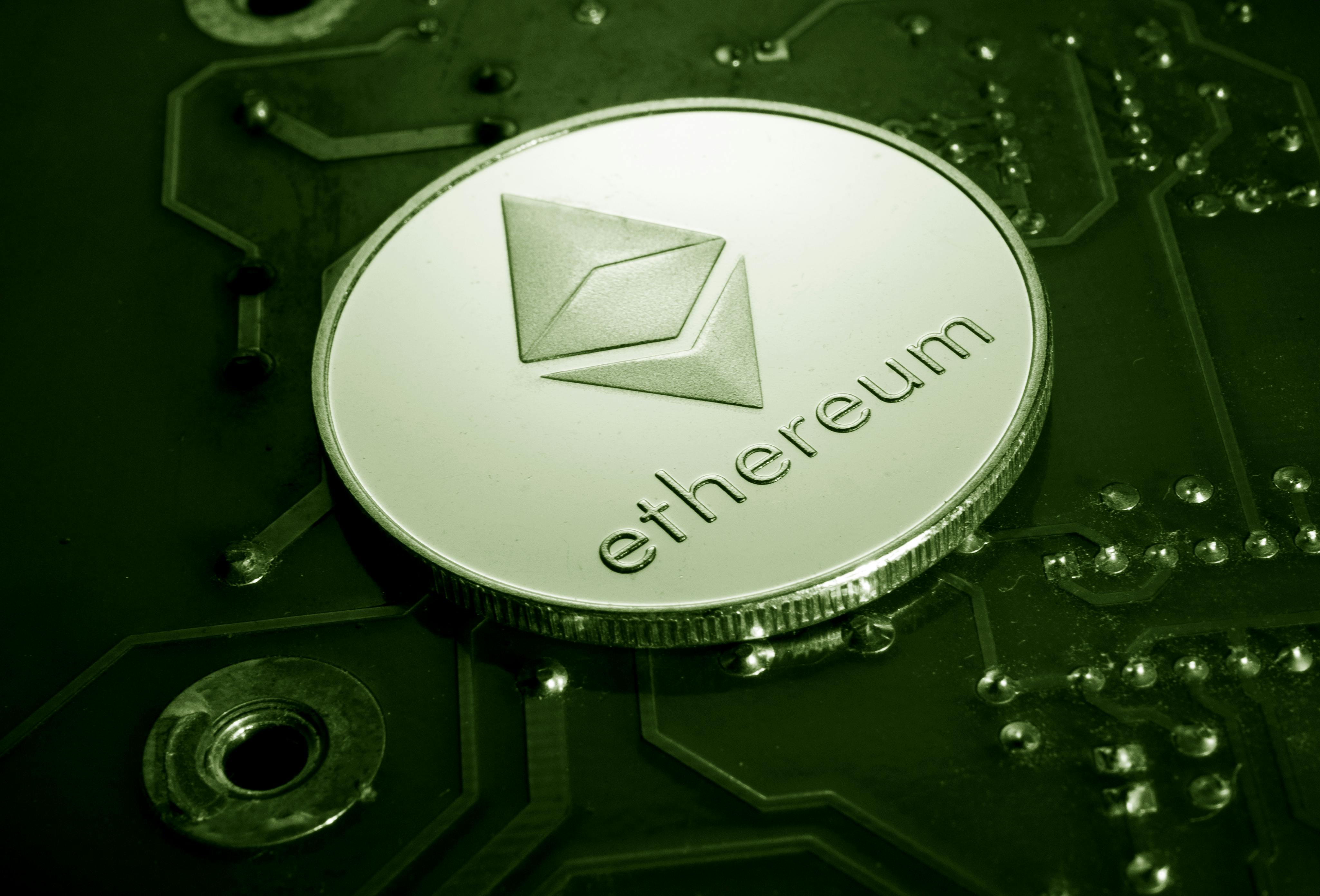
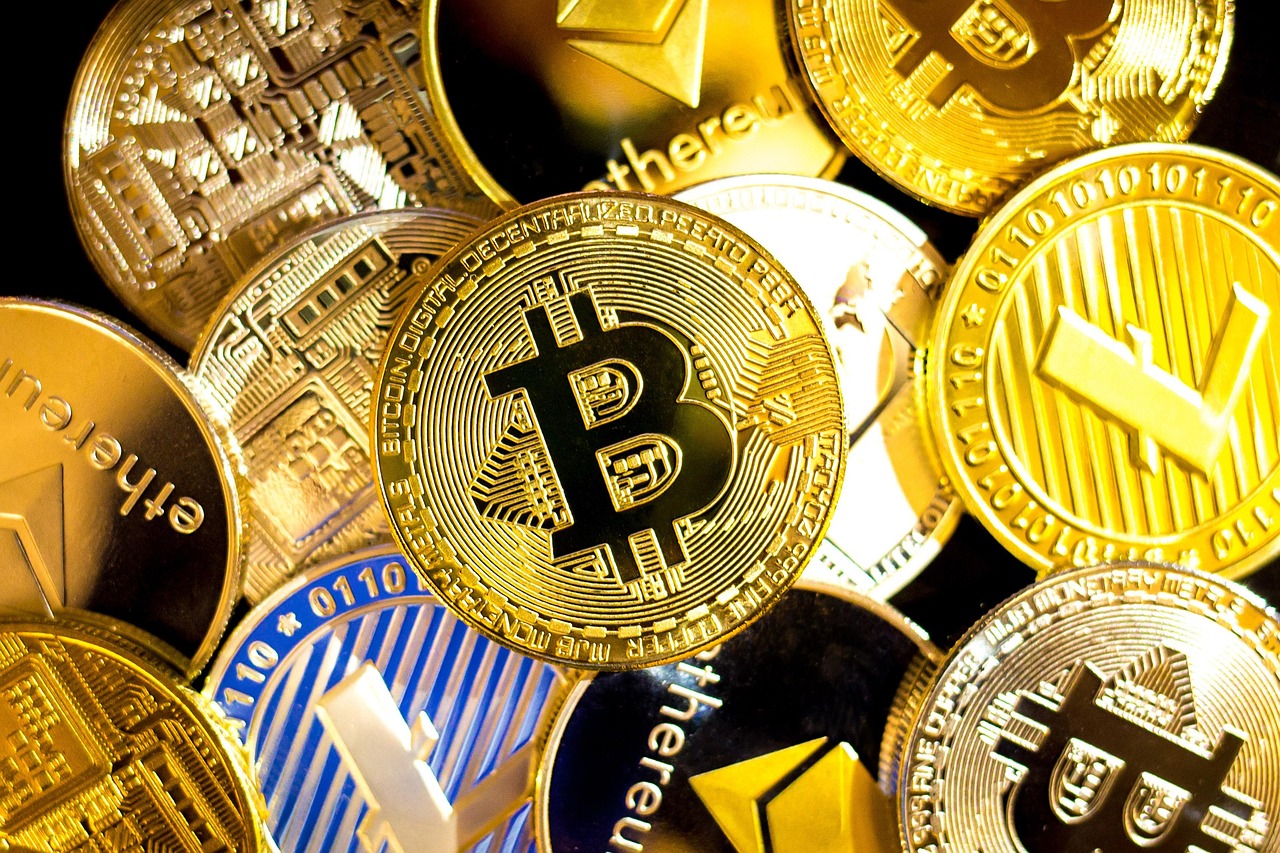
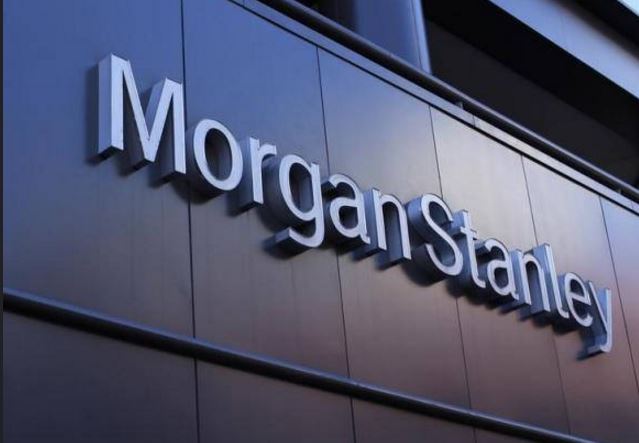





Comment 0